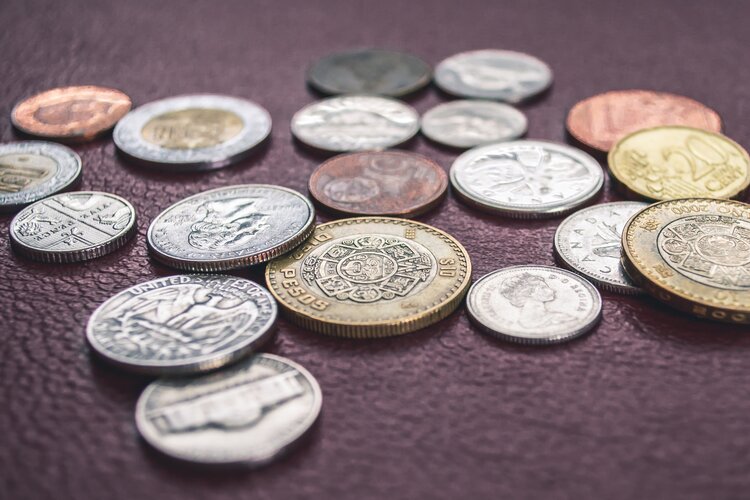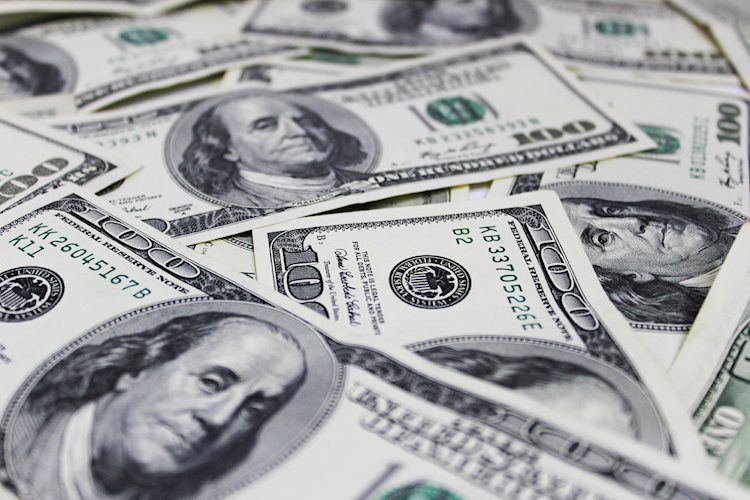The risk of a financial crisis following the pandemic crisis continues to mount. “Some emerging and developing countries are experiencing financing difficulties that risk to tip them into over-indebtedness or financial instability. “
In its report on financial stability, the day before the virtual meeting of G20 finance ministers, the International Monetary Fund is explicit and sounds the alarm. Just like the World Bank on Monday. According to another report by the latter , the total external debt of countries eligible for the moratorium on the payment of interest on their debt, granted by the G20 countries last April, is increasing dangerously.
In 2019 alone, it grew 9.5% to a record $ 744 billion, or one-third of their gross national income. Of this amount, 178 billion dollars corresponded to bilateral debts mainly with G20 member countries. The rate of debt accumulation of these countries was almost double that of other low- and middle-income countries in 2019.

For the World Bank, it is urgent that creditors and borrowers work together to avoid the growing risk of a sovereign debt crisis. The big funders of the G20 are well aware of this. The subject of an extension in 2021 of the moratorium which ends at the end of the year will be one of the topics discussed on Wednesday.
China’s influence
Still, the question is more thorny than expected. Some G20 creditor countries are reluctant to extend this moratorium for another year, World Bank President David Malpass revealed on Monday. In addition, the G20 creditor countries fail to convince China to fully play the game. “Some of the largest official bilateral creditors, including some from China, are still not participating in the moratorium,” said David Malpass.
Another major challenge is to get private banks to participate in the initiative under the terms defined by the Paris Club. “We had a lot of discussions with the IIR, the association of large private banks. If they agree on the principle, they still haven’t implemented it unfortunately, ” we told Bercy. If by chance, there should be a cancellation of debt for a given country, “it will be necessary that the private creditors participate in the operation in the same way as the public creditors” , one adds.
$ 51 billion at stake
In an analysis released Tuesday , the NGO ONE calculates that poor countries will face $ 51 billion in debt service payments over the next 15 months if no agreement emerges from the meeting on Wednesday. , G20 finance ministers. This total breaks down into 17 billion if the moratorium is not extended beyond the end of this year, 18.2 billion if the multilateral banks do not also impose a moratorium on debt service which is due to them and 15.8 billion if private and unofficial creditors stay away from the initiative.
“In the midst of a global pandemic, it is unacceptable that the world’s poorest countries must choose between paying their debt service or keeping their economies afloat. The amounts reimbursed each month would be sufficient to allow, for example, 100 million Covid-19 tests to be carried out ”
With 6 years of experience, I bring to the table captivating and informative writing in the world news category. My expertise covers a range of industries, including tourism, technology, forex and stocks. From brief social media posts to in-depth articles, I am dedicated to creating compelling content for various platforms.






